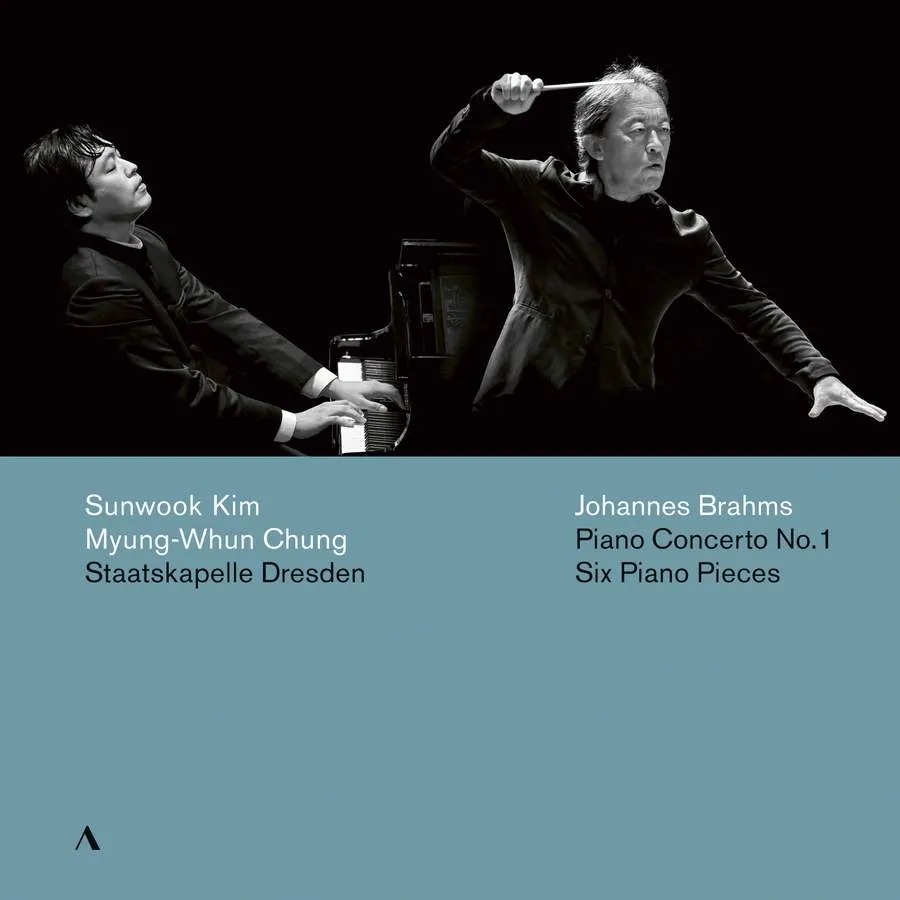
Brahms Piano Concerto No. 1 in D minor*; Klavierstücke, Op. 118 Sunwook Kim; *Staatskapelle Dresden/Myung-Whun Chung Accentus ACC30501 38:14 mins
By contrasting works from (virtually) the opposite ends of Brahms’s creative life, the emotional journey travelled by this most contrapuntally formidable of Romantic composers becomes even more striking. The D minor First Concerto is a gloriously opulent work that fuses thematic concision and lyrical expansiveness on an epic scale. For those qualities, despite the emergence of highly distinguished alternatives, Emil Gilels’s early 1970s account for DG, with the Berlin Philharmonic and Eugen Jochum, still holds sway. The ‘iron fist in a velvet glove’ of Brahms’s inspiration here finds a perfect match, both interpretatively and sonically.
Sunwook Kim with the Staatskapelle Dresden and Myung-Whun Chung, recorded live in September last year at the Seoul Arts Centre, also encompass the score’s searingly dramatic outbursts and deeply touching cantabile with complete assuredness. Indeed, whenever Brahms turns poetically introspective, Kim demonstrates a magical sensitivity of touch and phrasing to rival even Gilels at his majestic prime. Myung-Whun Chung conducts with insight and passion, and the recording – the odd moment of spot-lit woodwind notwithstanding – sounds resplendent. Little wonder the audience roars its approval – the slight tempo injection for the final coda creates a bracing sense of homecoming.
Brahms’s Op. 118 reverses the Concerto’s expansionism, expressing even its most potentially luxurious ideas with tantalising concision. Here again Kim proves himself a Brahmsian of no mean order. He may not be quite as touching in the glorious A major Intermezzo as Radu Lupu and Julius Katchen (both Decca), but his sensitivity to mood and atmosphere is unfailing throughout the set.
Julian Haylock